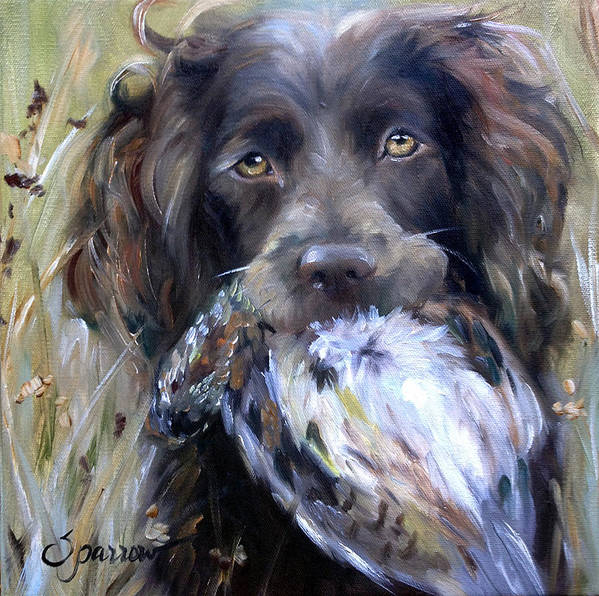
This will be one of those “interactive” posts in which we use you, the reader, to demonstrate a point. The effectiveness of our “show and tell” depends upon your own teeth.
Find a lime, lemon, a clementine orange – something that is non-toxic, more firm than marshmallow soft, and is something you can put in your mouth. Oh, and choose something that requires you to really open your mouth. Now put it in, bite down, and walk around for a few minutes.
If you have good teeth, which is to say a full complement of pearly whites that are properly aligned, you won’t find the exercise all that pleasurable, but you’ll be able to do it longer and with less discomfort than a person with an overbite or underbite. People with either of the latter will find that they have to adjust their bite more than once to keep the thing in their mouth for any length of time. After a few minutes, their jaws might start to ache. After a few more minutes, they’ll have to take the object (let’s say it’s a lime) out of their mouths.
If you had one job, and it was to keep that lime in your mouth while you ran from Point A to Point B, you wouldn’t have the job for very long if you kept wanting to remove the lime.
Bird dogs have one job. It is to find and retrieve a pheasant, duck, or turkey, and run back to the hunter with it in their mouths. Some fowl can be heavy. If the dog’s head – which contains the jaws and teeth – isn’t sound, the dog won’t be able to do his job efficiently.
There is a reason the Boykin Spaniel standard calls for a head that must be proportionate with the size of the dog – not coarse, but broad enough to do its job. The size of the head in proportion to the dog allows for proper jaws in which the teeth are aligned, and a proper bite is essential if the dog is to be able to carry a big turkey or duck for any distance. In this breed, that is a scissors or level bite. Anything less impacts the dog’s working ability. Improper dentition is not helpful to the dog, and logically, not to the hunter who relies on the dog to do its job.
A dog will do what is asked of him because that is the nature of dogs, but it isn’t fair to the dog to demand that he be in discomfort, and frankly, few hunters would tolerate it if their income or feeding their family relied on the dog. Soundness matters. We use the Boykin Spaniel to make the point, but a good bite is important to all sporting breeds and it should reflect their respective breed standards.
Image: “Hunting Season” by Mary Sparrow HangingtheMoonShelby
www.marysparrowsmith.net
www.etsy.com/shop/HangingtheMoonShelby
